Birds make wonderful companions, bringing joy, beauty, and fascinating behaviors into our homes. However, the journey to bird ownership starts with choosing the right source for your feathered friend. With concerns about wildlife trafficking, unethical breeding practices, and bird welfare on the rise, finding reputable breeders and ethical sellers has never been more important. This comprehensive guide will help you navigate the world of bird acquisition, highlighting what to look for in ethical breeders, red flags to avoid, and how to ensure your new companion has been raised with proper care and attention.
Understanding the Importance of Ethical Bird Breeding
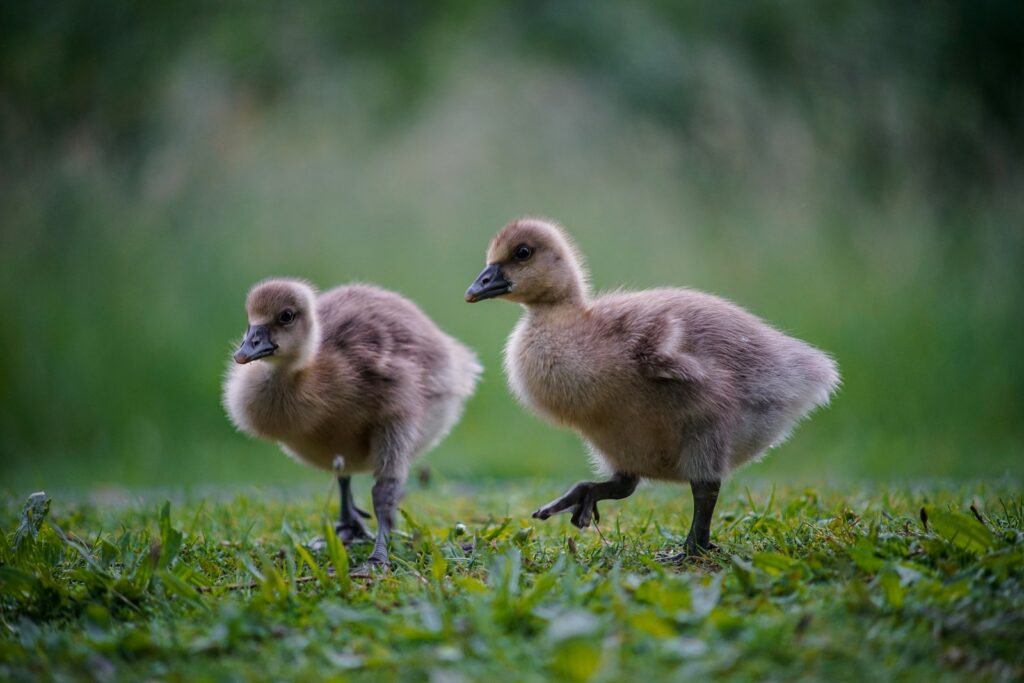
Ethical bird breeding forms the foundation of responsible pet bird ownership and directly impacts the health and behavior of your feathered companion. Reputable breeders prioritize the genetic diversity, physical health, and psychological well-being of their birds over profit margins or aesthetics. Birds from ethical sources typically experience fewer health problems throughout their lives and demonstrate more balanced behaviors than those from mass-breeding operations. Additionally, supporting ethical bird breeding practices helps discourage harmful industry practices like the illegal wild bird trade, which continues to devastate wild populations worldwide. By choosing ethical breeders, bird enthusiasts become part of the solution rather than contributing to the exploitation of these remarkable animals.
Key Characteristics of Reputable Bird Breeders
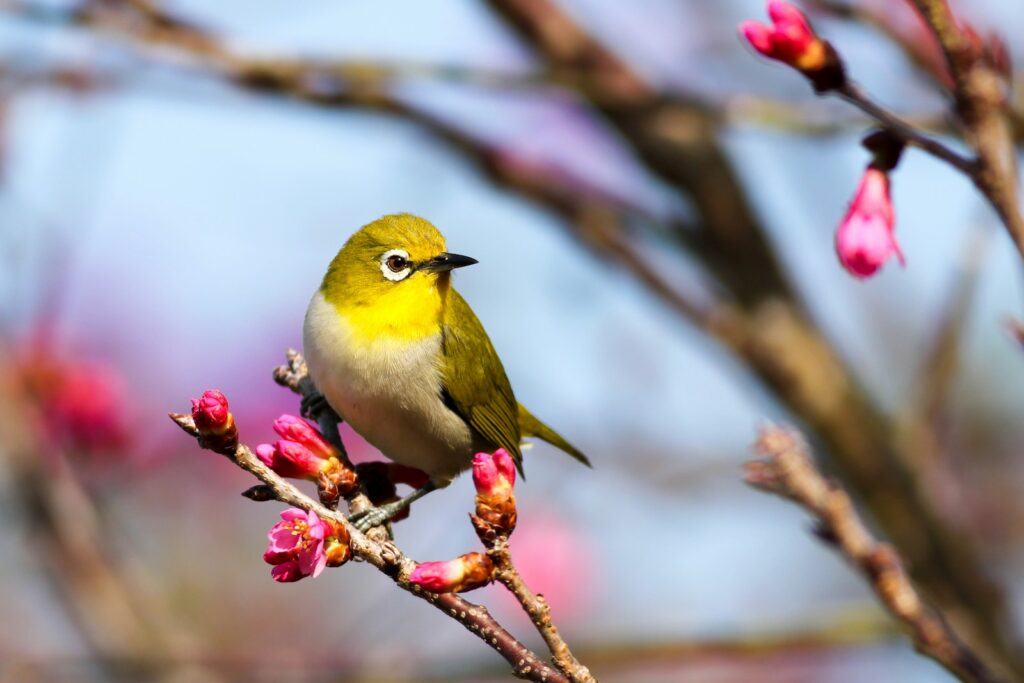
Reputable bird breeders share several distinguishing characteristics that set them apart from less ethical operations. First and foremost, they maintain clean, spacious facilities with appropriate housing for their specific bird species, including proper temperature control, ventilation, and enrichment opportunities. These breeders willingly share detailed information about their breeding practices, genetic testing protocols, and the lineage of their birds without hesitation. They typically specialize in a limited number of species rather than breeding numerous varieties, allowing them to develop species-specific expertise and provide optimal care. Perhaps most importantly, ethical breeders demonstrate genuine passion and knowledge about avian welfare, often participating in conservation efforts, education programs, or avicultural societies that promote bird welfare beyond their breeding operation.
Red Flags to Watch for When Selecting a Breeder
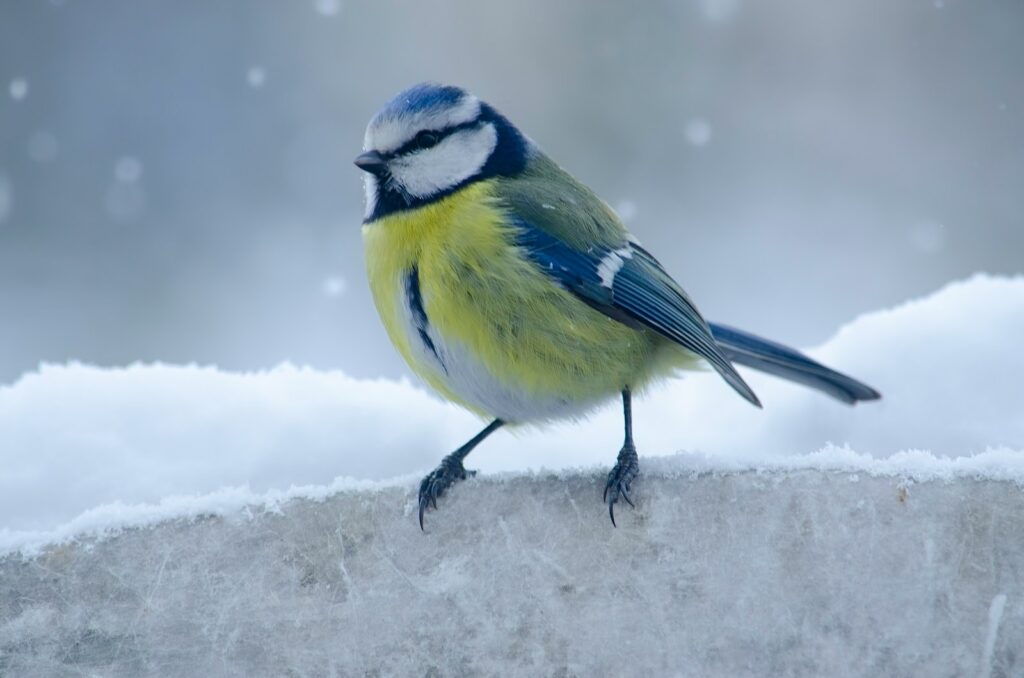
Identifying problematic bird breeding operations requires awareness of several common red flags. Breeders who refuse to allow visits to their facilities or only meet in public places may be hiding poor conditions or illegal operations. Be wary of sellers offering unusually low prices compared to market standards, as this often indicates corners being cut in bird care, nutrition, or healthcare. Another concerning sign is overcrowded conditions where birds appear stressed, have plucking behaviors, or show signs of disease like discharge around the eyes or nostrils. Ethical concerns arise when breeders cannot or will not provide detailed information about a bird’s age, origin, health history, or dietary requirements. Additionally, any breeder offering extremely young, unweaned birds for immediate sale to inexperienced owners demonstrates a troubling lack of concern for the bird’s welfare and development.
Specialized vs. Multi-Species Breeders: Pros and Cons
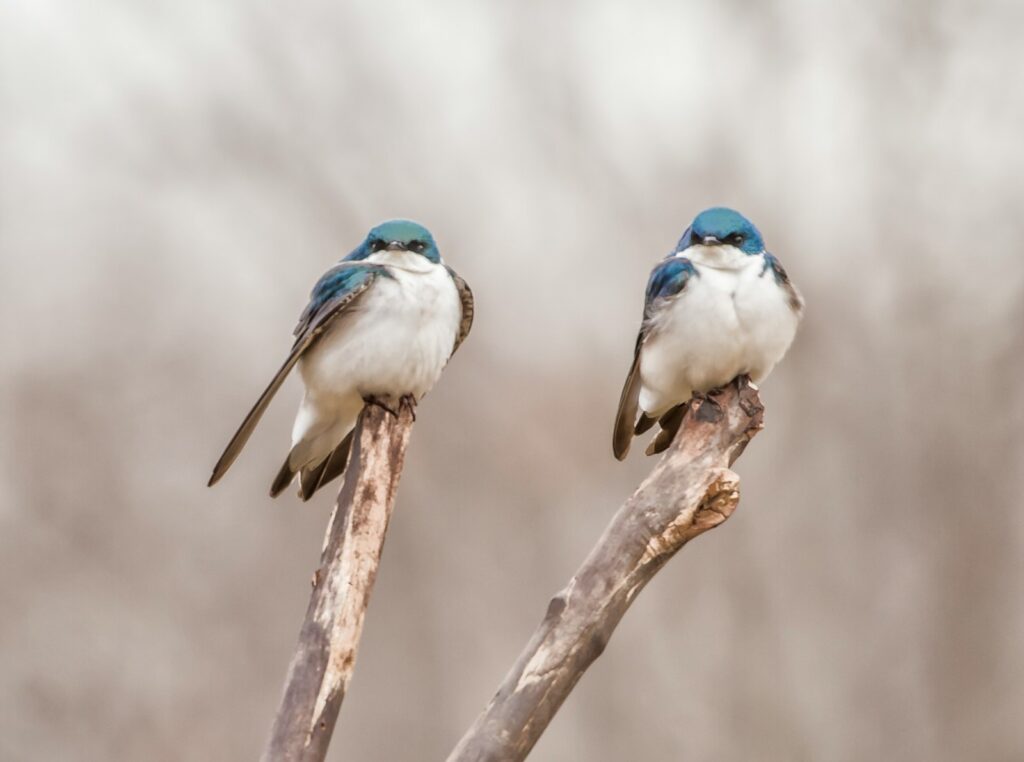
The debate between specialized and multi-species breeders centers on expertise versus convenience for potential bird owners. Specialized breeders who focus on one or a few closely related species typically develop deep knowledge about species-specific behaviors, nutritional needs, and genetic considerations that can result in healthier, better-socialized birds. These specialists often participate in species conservation efforts and can provide more detailed guidance for new owners about their chosen bird. On the other hand, multi-species breeders offer convenience by providing more options under one roof, which may be appealing to first-time owners still exploring different species. However, the quality of care can vary significantly in operations managing numerous species with different requirements. The ideal balance might be a multi-species breeder who maintains separate specialized staff or departments for each bird family they raise, ensuring appropriate expertise for each type.
The Role of Avian Veterinarians in Breeding Operations
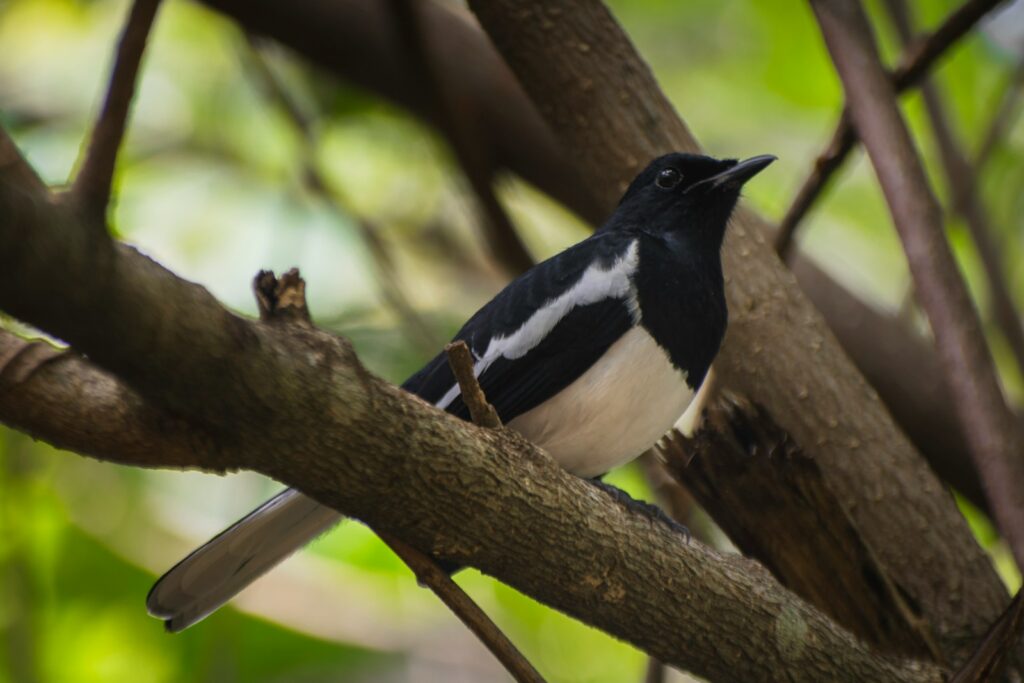
Reputable breeding operations maintain close relationships with avian veterinarians who specialize in bird health and reproduction. These specialized veterinarians perform regular health assessments on breeding stock, conduct disease screening, and provide guidance on genetic diversity to prevent inherited conditions. Many top-tier breeders invest in preventative healthcare protocols developed specifically for their operation by consulting veterinarians, including appropriate vaccination schedules, parasite prevention, and nutritional planning. The best breeding facilities also have emergency veterinary plans in place and maintain detailed health records for each individual bird, tracking information across generations to monitor for emerging health patterns. When evaluating a potential breeder, prospective buyers should inquire about their veterinary partnerships and request to see health certificates or testing results for birds they’re considering purchasing.
Hand-Raised vs. Parent-Raised Birds: Making the Right Choice
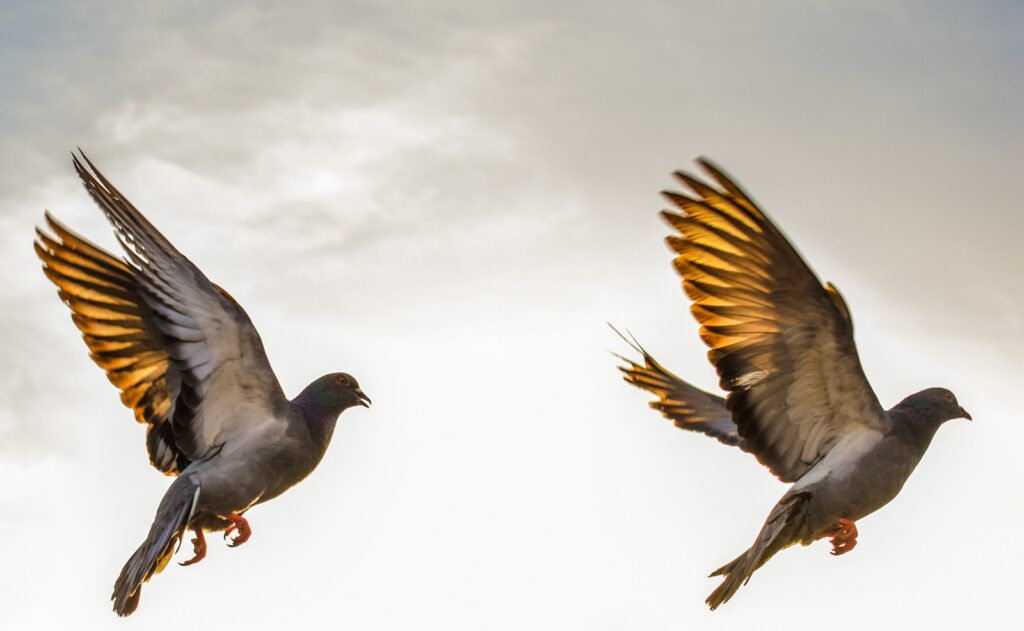
The debate between hand-raised and parent-raised birds represents an important consideration for prospective bird owners seeking the right companion. Hand-raised birds typically develop stronger bonds with humans and often demonstrate greater docility and comfort with handling, making them popular choices for first-time owners seeking an affectionate pet. However, this approach deprives young birds of learning natural behaviors from their parents and can sometimes lead to behavioral issues like excessive dependence or screaming for attention. Conversely, parent-raised birds develop more species-appropriate behaviors and independent personalities, but may require more patience during the bonding process with their human caregivers. Many ethical breeders now employ co-parenting techniques, where birds remain with their parents during crucial developmental periods but receive regular human handling and socialization, offering a balanced approach that preserves both natural behaviors and human compatibility.
The Importance of Proper Socialization in Young Birds
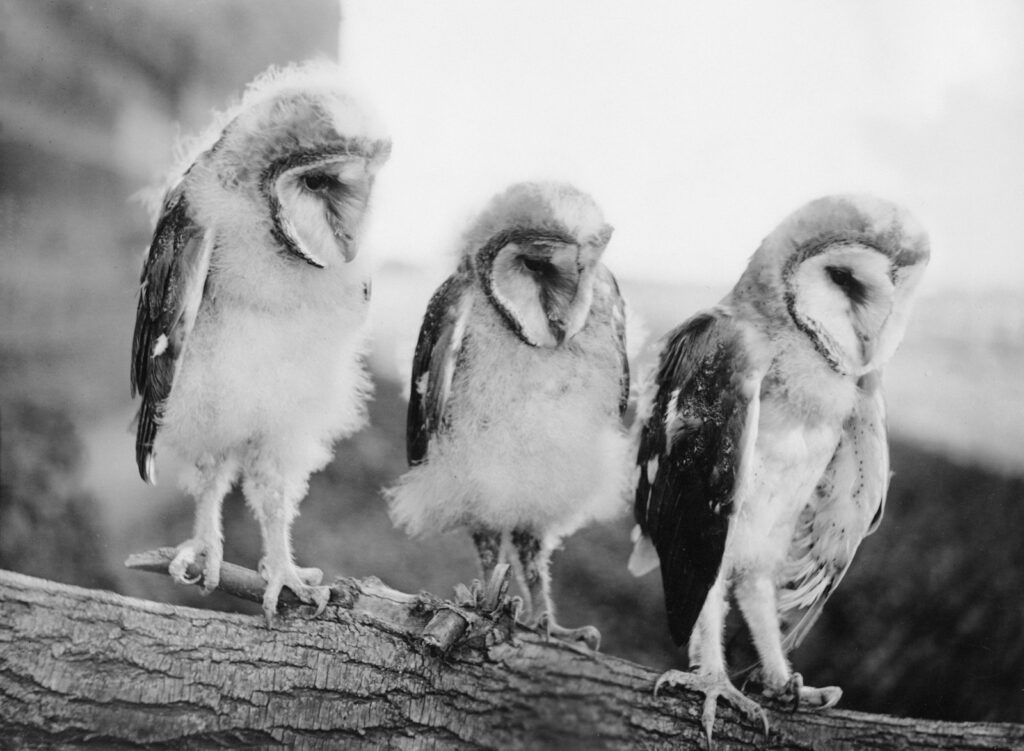
Proper socialization during a bird’s early development profoundly influences its future behavior and adaptability as a companion animal. Ethical breeders recognize critical socialization periods that vary by species and implement structured exposure programs that gradually introduce young birds to different people, gentle handling techniques, common household sounds, and various environments. This careful approach helps prevent fear responses and phobias that can develop in birds raised in isolated or overly quiet settings. High-quality breeding operations also expose young birds to important daily activities they’ll encounter in pet homes, such as cage cleaning, toy changes, and health check procedures. The socialization process should be documented by the breeder and shared with new owners, providing valuable insights into the bird’s individual temperament and specific experiences prior to adoption, ultimately facilitating a smoother transition to its forever home.
Certifications and Memberships That Signal Quality
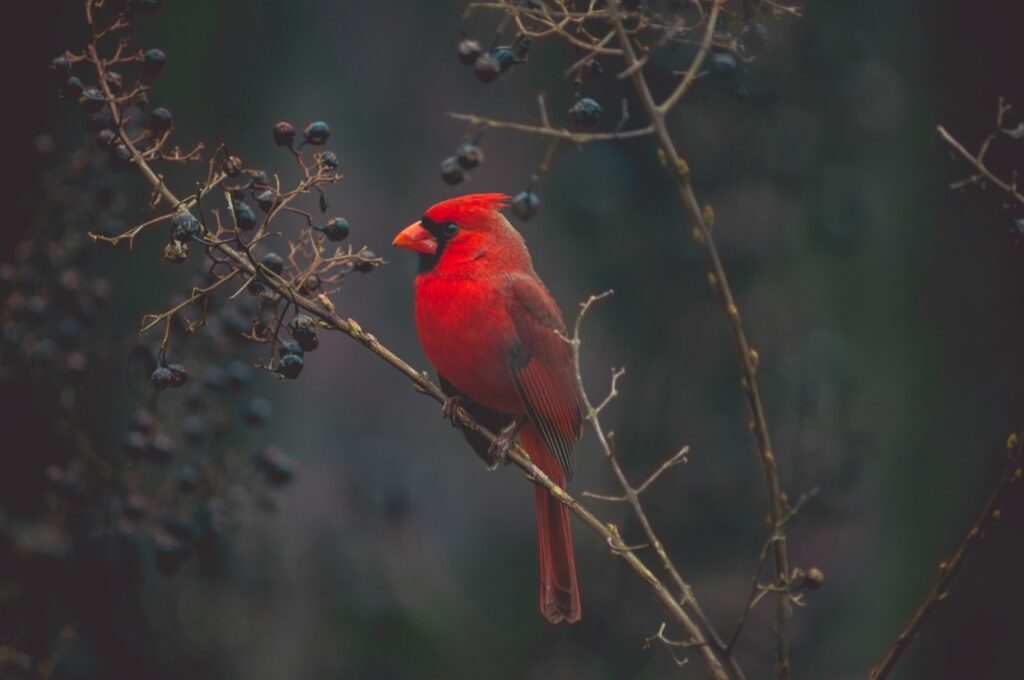
Several professional affiliations and certifications can help identify committed, ethical bird breeders standing out from the crowd. Membership in recognized organizations like the American Federation of Aviculture (AFA), the Avicultural Society of America, or species-specific clubs demonstrates a breeder’s commitment to ongoing education and adherence to established best practices. Some breeders participate in certification programs that require facility inspections, continuing education, and compliance with specific welfare standards beyond basic legal requirements. Additionally, participation in Species Survival Plans or studbooks for rare species indicates a breeder’s dedication to conservation goals rather than purely commercial interests. While certifications alone don’t guarantee ethical practices, breeders who invest time and resources in professional development and community engagement typically demonstrate greater commitment to bird welfare and responsible breeding.
Navigating Bird Sales at Expos and Bird Fairs
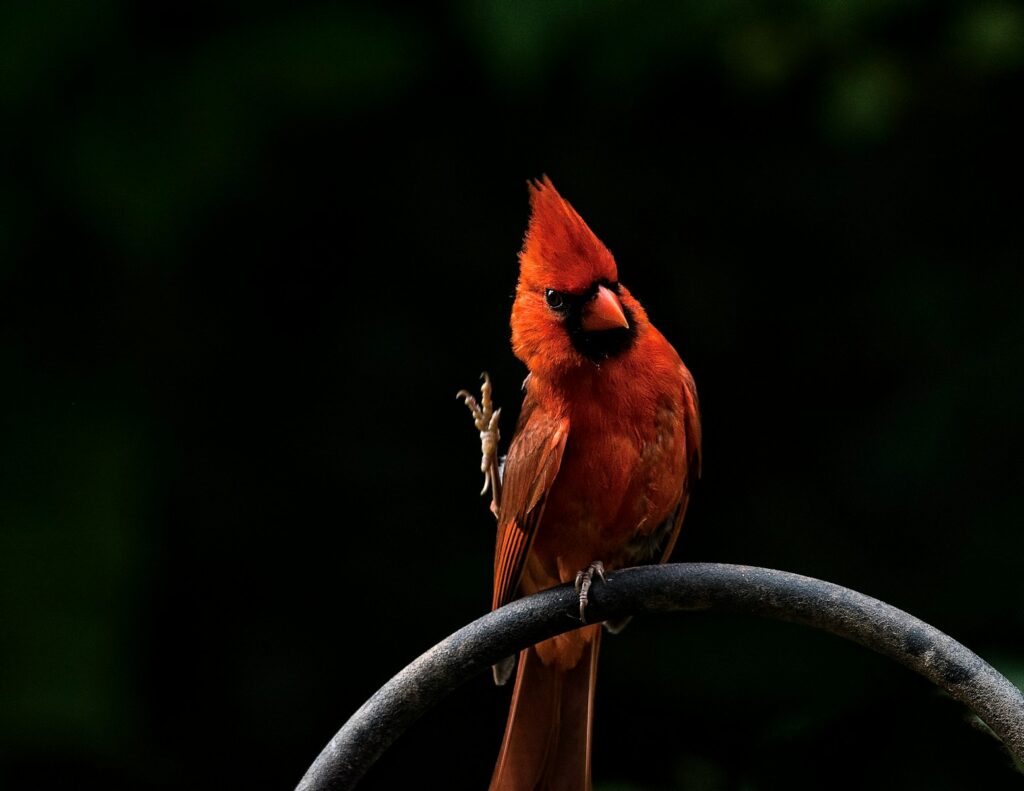
Bird expos and avian fairs present both opportunities and challenges for prospective bird owners seeking quality companions. These events gather numerous breeders under one roof, allowing for convenient comparison shopping and access to species that might be difficult to find locally. However, the temporary and sometimes crowded nature of these venues can make thorough evaluation challenging. Prepared shoppers should research participating vendors beforehand, arriving with a list of specific questions about breeding practices, socialization methods, and health guarantees. The most reputable expo sellers maintain detailed records available on-site and offer follow-up support after purchase, including the option to contact them with questions about their birds in the future. Ethical breeders at these events typically focus on educating potential buyers rather than pushing for immediate sales, and they’re willing to discuss the challenges of keeping their species as well as the rewards.
Understanding Adoption Contracts and Health Guarantees
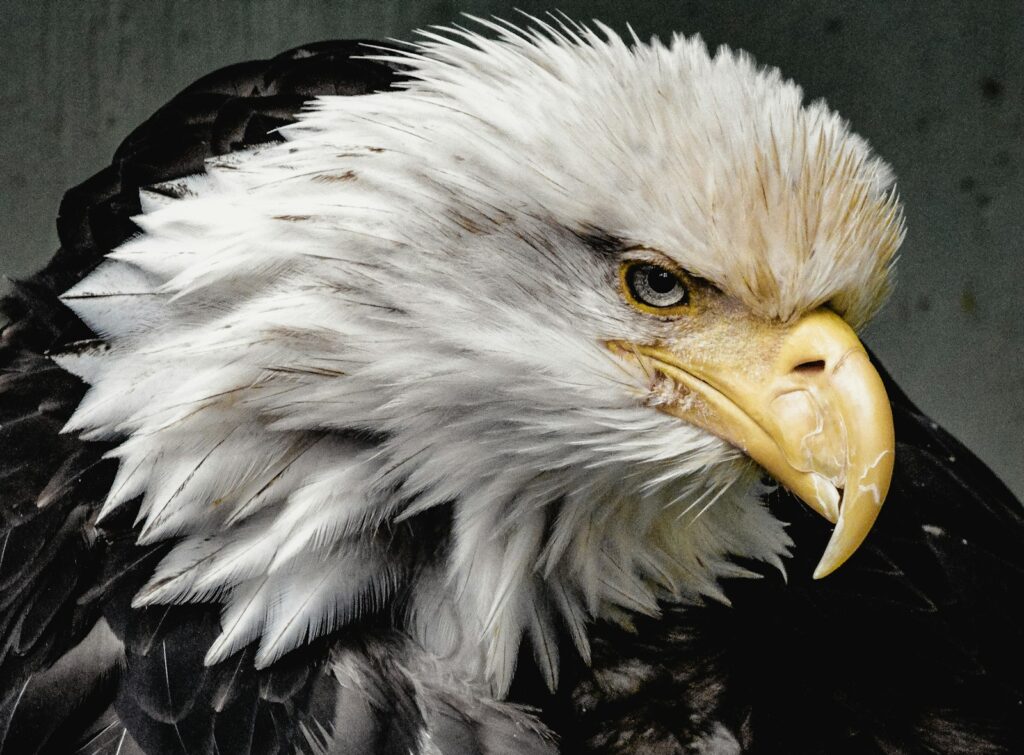
Comprehensive adoption contracts and health guarantees represent hallmarks of ethical bird breeding and sales practices. Reputable breeders provide detailed written agreements outlining responsibilities for both parties, including return policies if the match doesn’t work out and specific health guarantees covering genetic and congenital conditions. These contracts typically specify a quarantine period during which new owners must have the bird examined by an avian veterinarian to validate health guarantees and establish a baseline health record. The most thorough agreements include clauses about proper care requirements and what constitutes breaches of the contract, such as reselling the bird without notifying the breeder. Some ethical breeders even include first right of refusal clauses that give them the opportunity to reclaim the bird if the owner can no longer provide care, demonstrating their lifelong commitment to the animals they raise even after they’ve been placed in new homes.
The Role of Rescue Organizations and Adoption
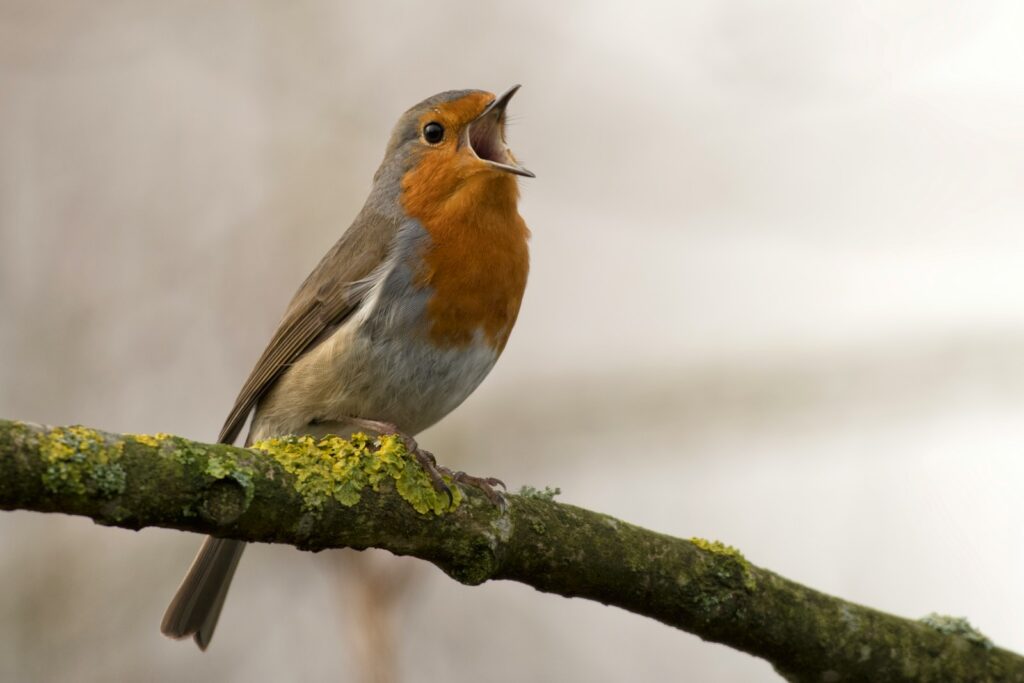
Bird rescue organizations play a vital role in the ethical acquisition of pet birds, offering alternatives to purchasing from breeders or retail establishments. These organizations rehabilitate and rehome surrendered, abandoned, or confiscated birds, providing a second chance for animals that might otherwise face uncertain futures. Many rescue birds come with known histories and established personalities, potentially offering more predictable companionship than young, developing birds. Reputable rescues implement thorough adoption screening processes, including home visits, experience requirements, and education sessions to ensure appropriate matches between birds and adopters. Ethical breeders often maintain relationships with rescue organizations, sometimes taking back their own birds if original owners cannot keep them, or directing potential owners to rescues when appropriate matches exist there. Supporting both responsible breeding practices and rescue efforts represents the most balanced approach to ethical bird acquisition.
Preparing for a Long-Term Commitment: Bird Lifespan Considerations
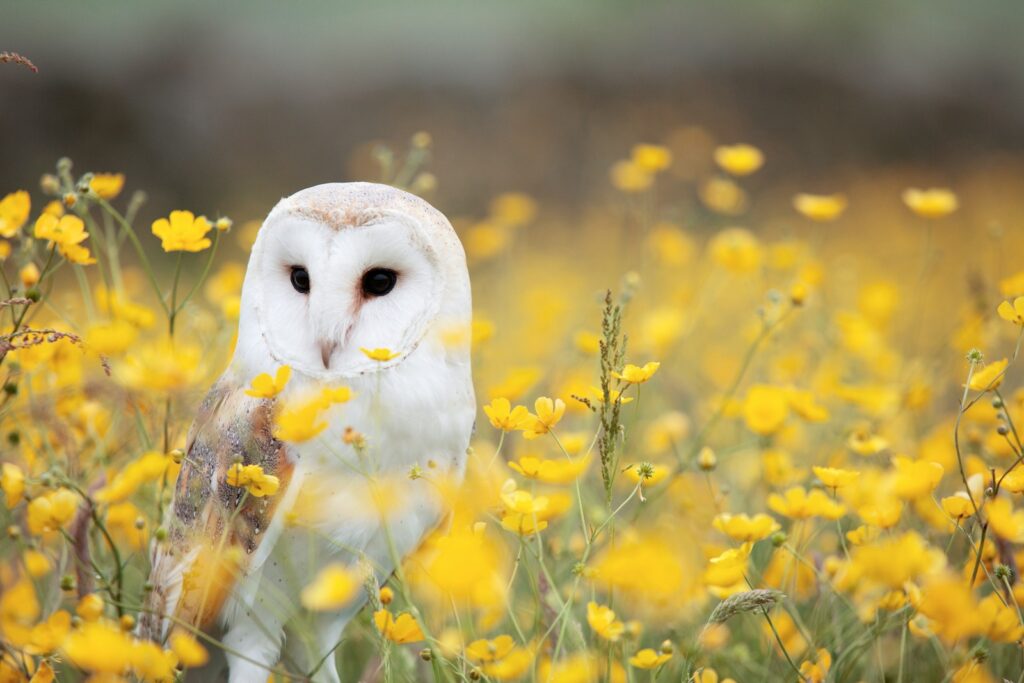
Bird ownership represents one of the longest pet commitments available, with many popular species living decades with proper care. Ethical breeders and sellers emphasize realistic lifespan expectations during the acquisition process, with parrots like macaws and cockatoos potentially living 50-70 years, African greys reaching 40-60 years, and even smaller species like cockatiels often exceeding 20 years in captivity. Responsible acquisition includes financial planning for decades of specialized nutrition, environmental enrichment, and avian veterinary care which typically costs more than standard pet care. The most ethical sellers discuss estate planning for long-lived species, encouraging prospective owners to establish arrangements for their birds’ care should the owner predecease their feathered companion. This forthright discussion about commitment length distinguishes truly ethical sellers who prioritize appropriate placements over making quick sales to unprepared customers.
Online Resources for Finding Ethical Bird Sellers
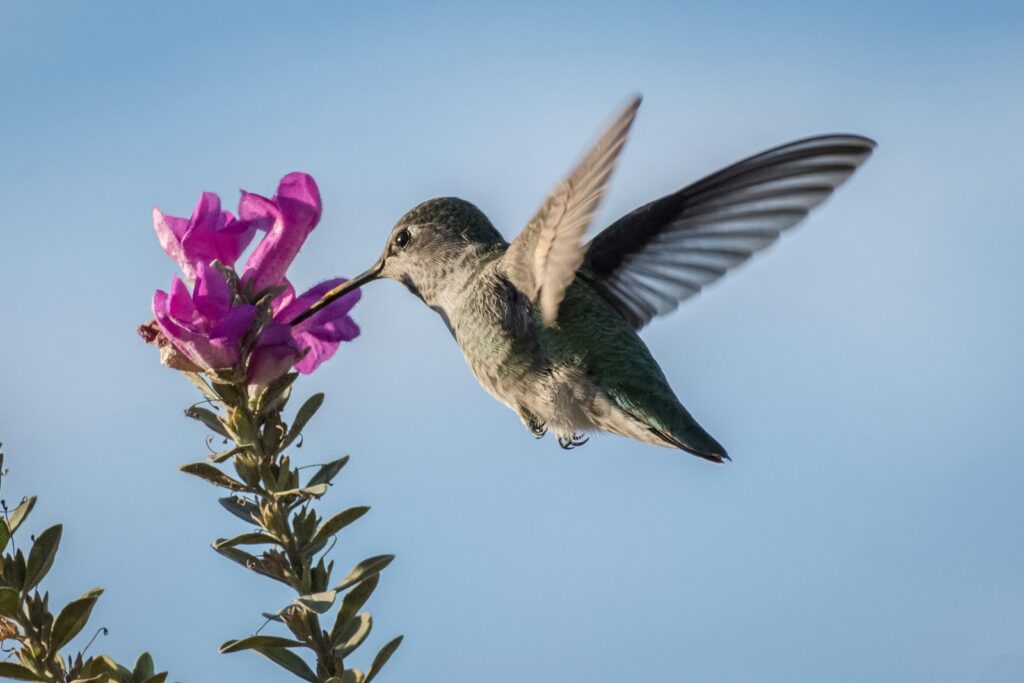
The digital landscape offers valuable tools for locating ethical bird sources when approached with proper discernment. Respected avian organizations like the American Federation of Aviculture maintain directories of member breeders who have committed to their codes of ethics and best practices. Species-specific clubs often publish breeder referral lists for prospective owners seeking particular types of birds from knowledgeable sources. Review platforms specifically for animal breeders have emerged in recent years, providing community feedback about experiences with various bird sources. Social media groups dedicated to responsible bird ownership can provide recommendations based on members’ firsthand experiences, though these should be verified through additional research. The most comprehensive approach combines these online resources with in-person visits and direct communication with potential breeders to ensure their practices align with the highest standards of avian welfare and ethical breeding.
Conclusion
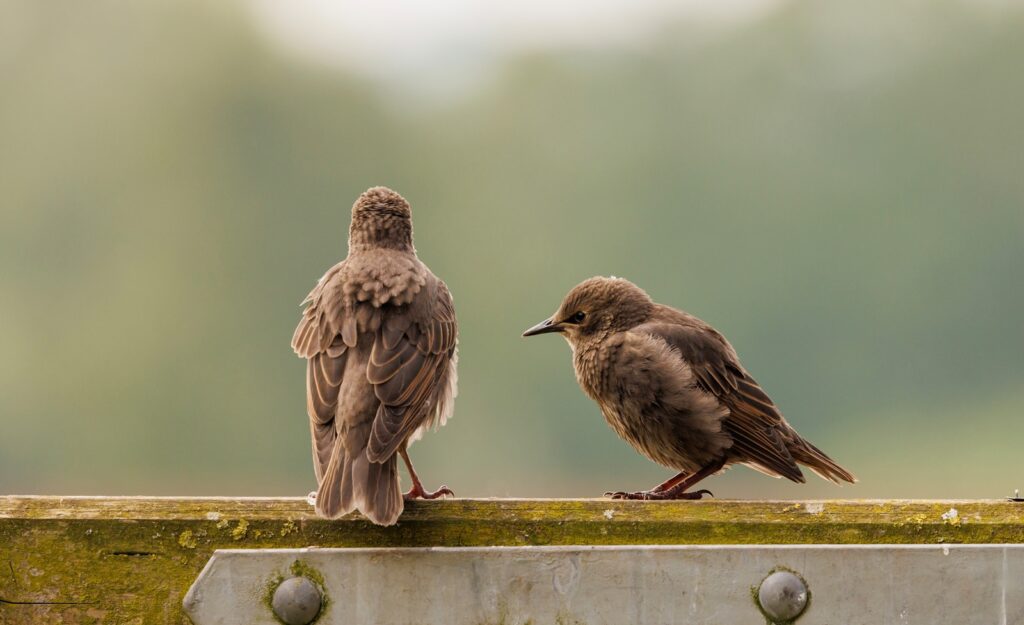
Finding an ethical bird breeder or seller requires diligence, research, and patience, but the reward is a healthy, well-adjusted avian companion and the knowledge that you’ve supported responsible practices in the pet bird industry. The best sources prioritize bird welfare over profits, maintain transparent operations, and demonstrate genuine concern for their birds’ long-term wellbeing even after they’ve gone to new homes. By choosing ethical breeders and sellers—or considering adoption through reputable rescues—bird enthusiasts can enjoy the companionship of these remarkable animals while contributing to higher standards across the aviculture community. Remember that bringing a bird into your life represents not just a purchase but the beginning of a relationship that may span decades, making the ethical sourcing of your feathered friend one of the most important decisions in your journey as a bird owner.
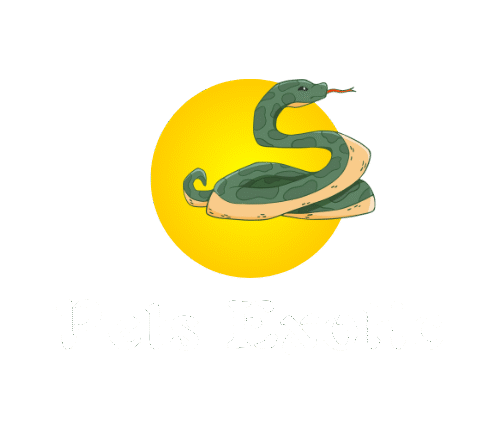
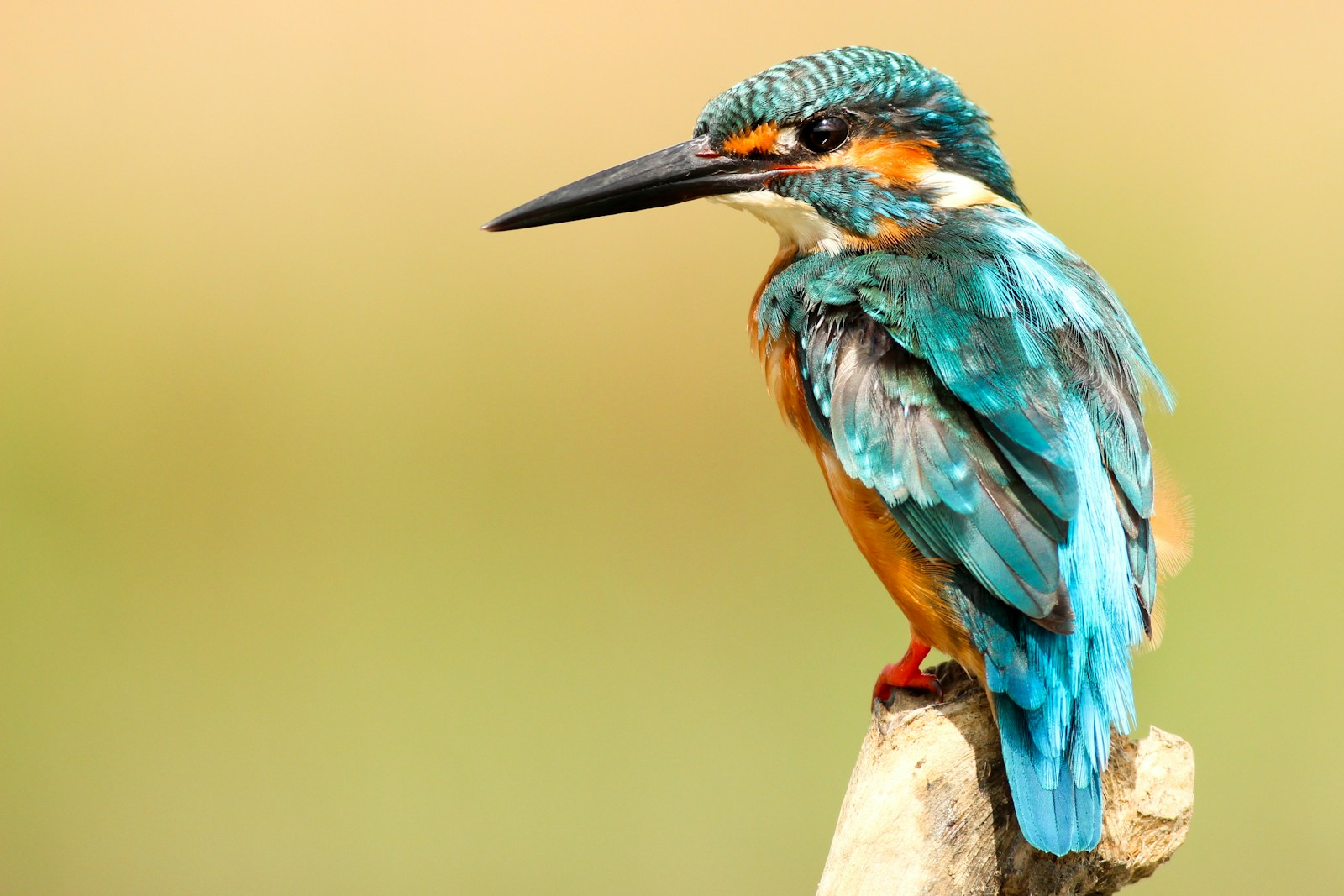
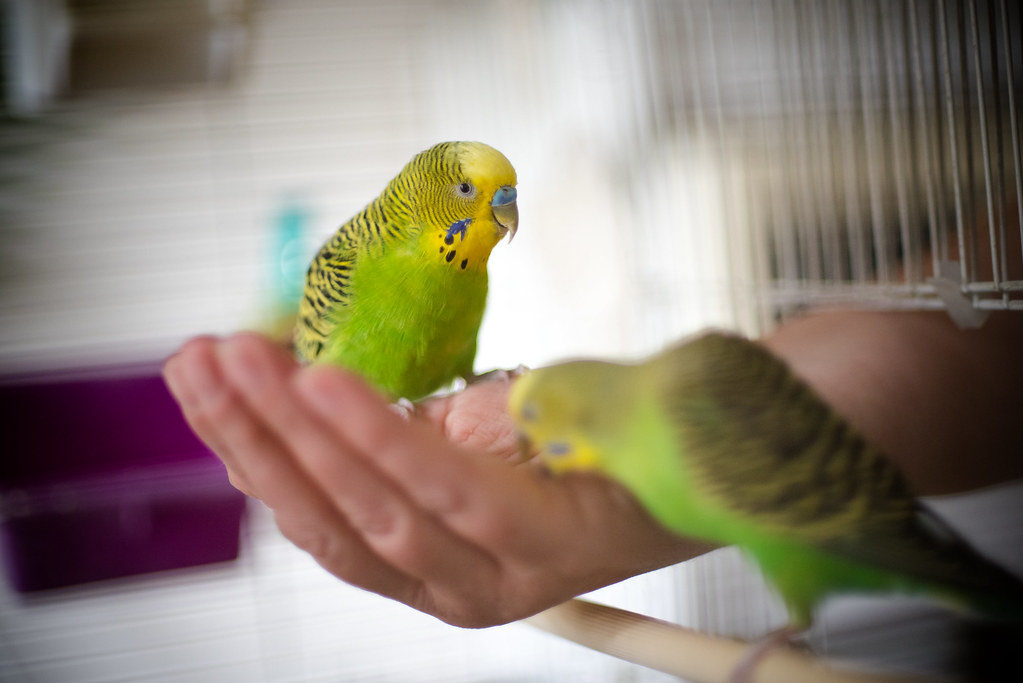
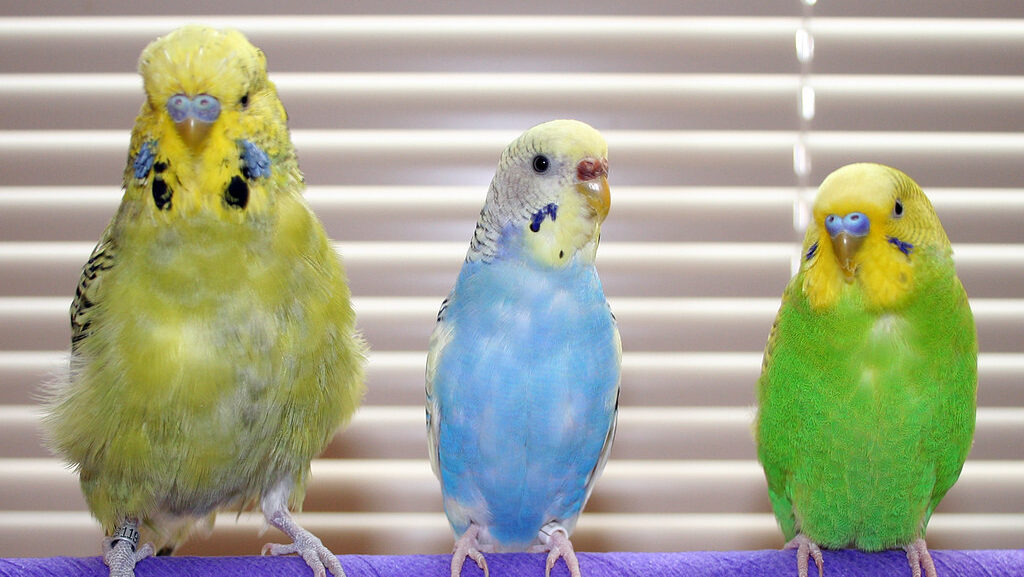
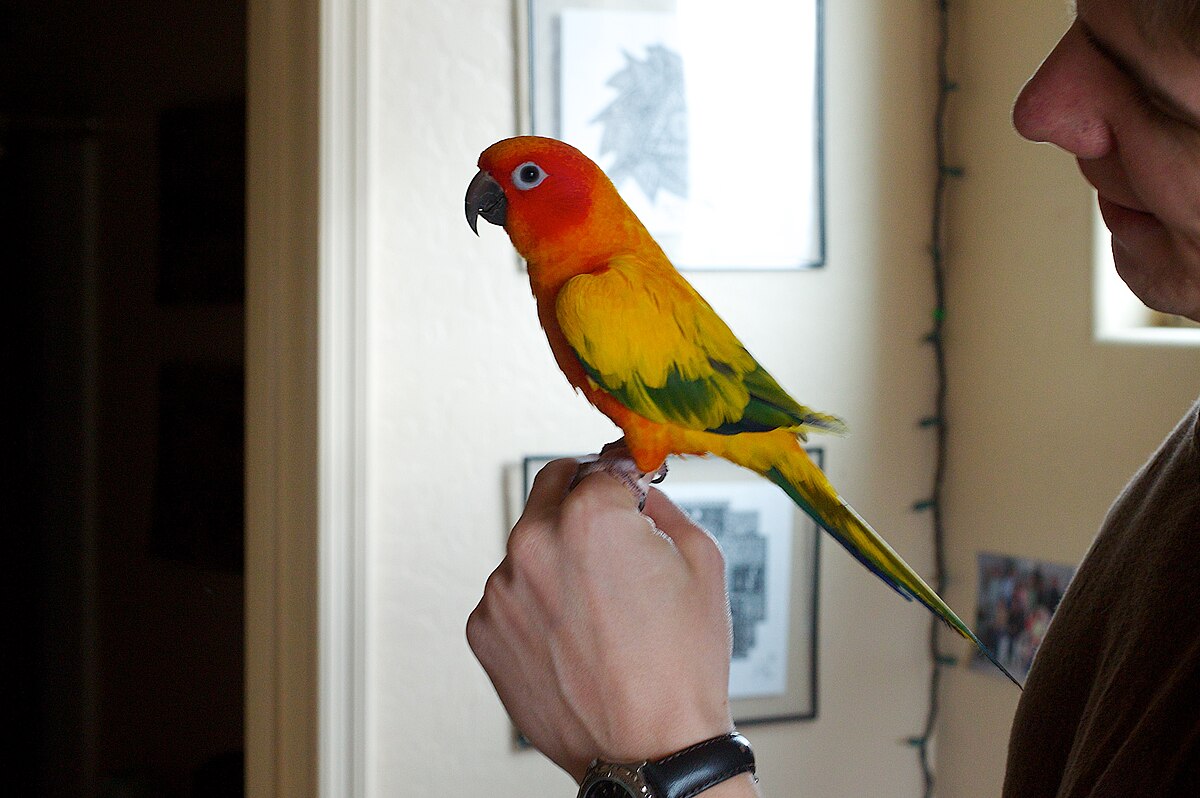
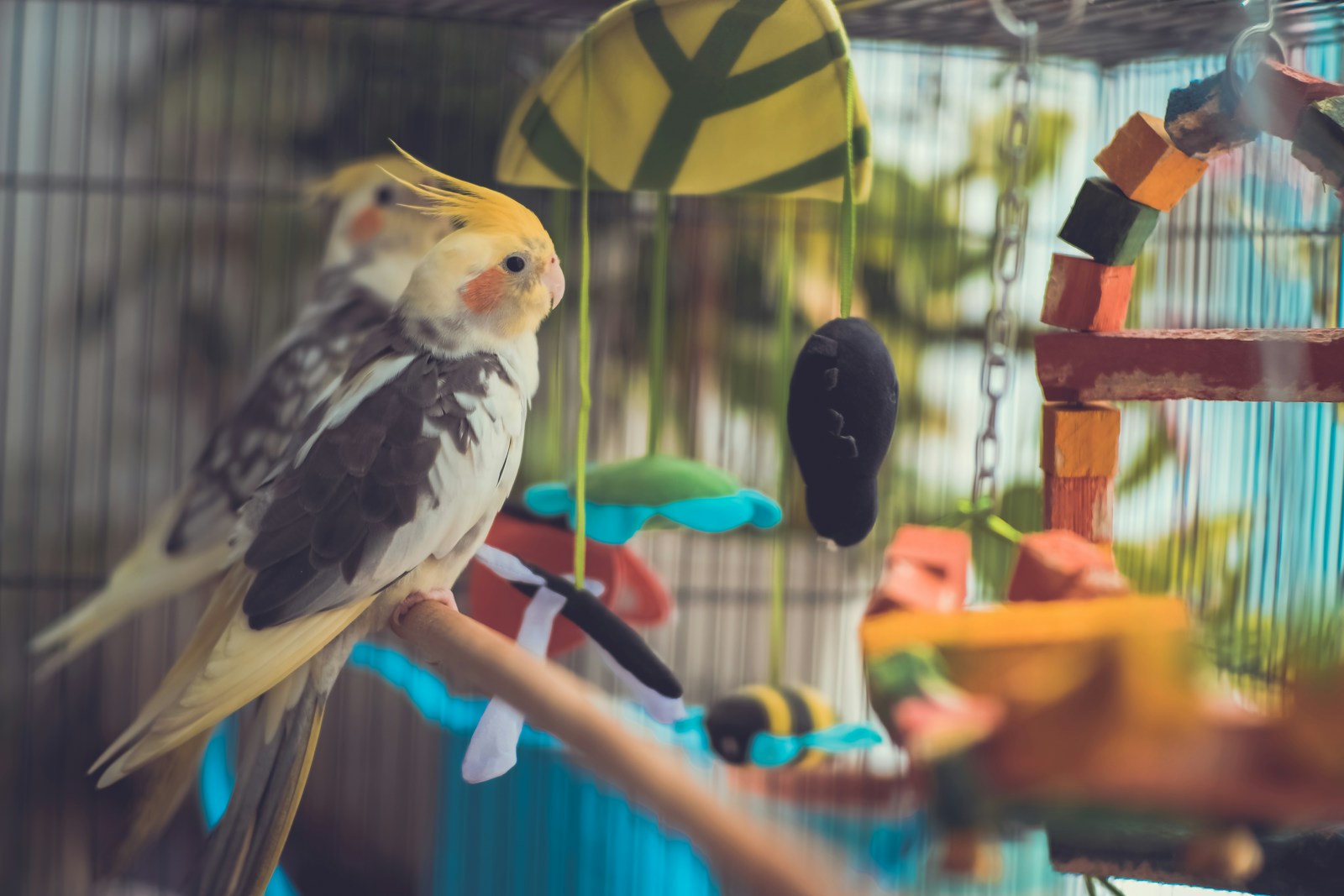
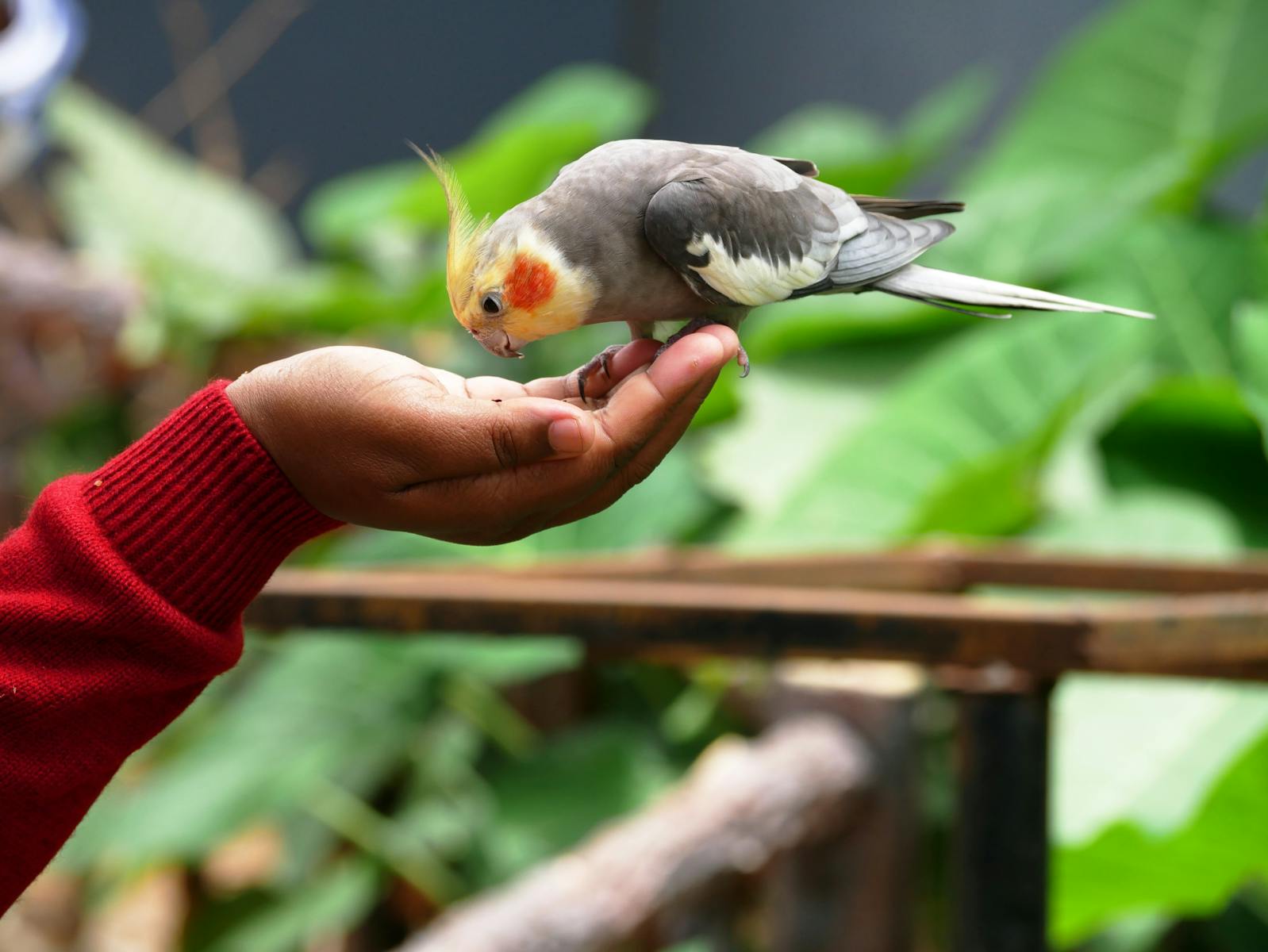
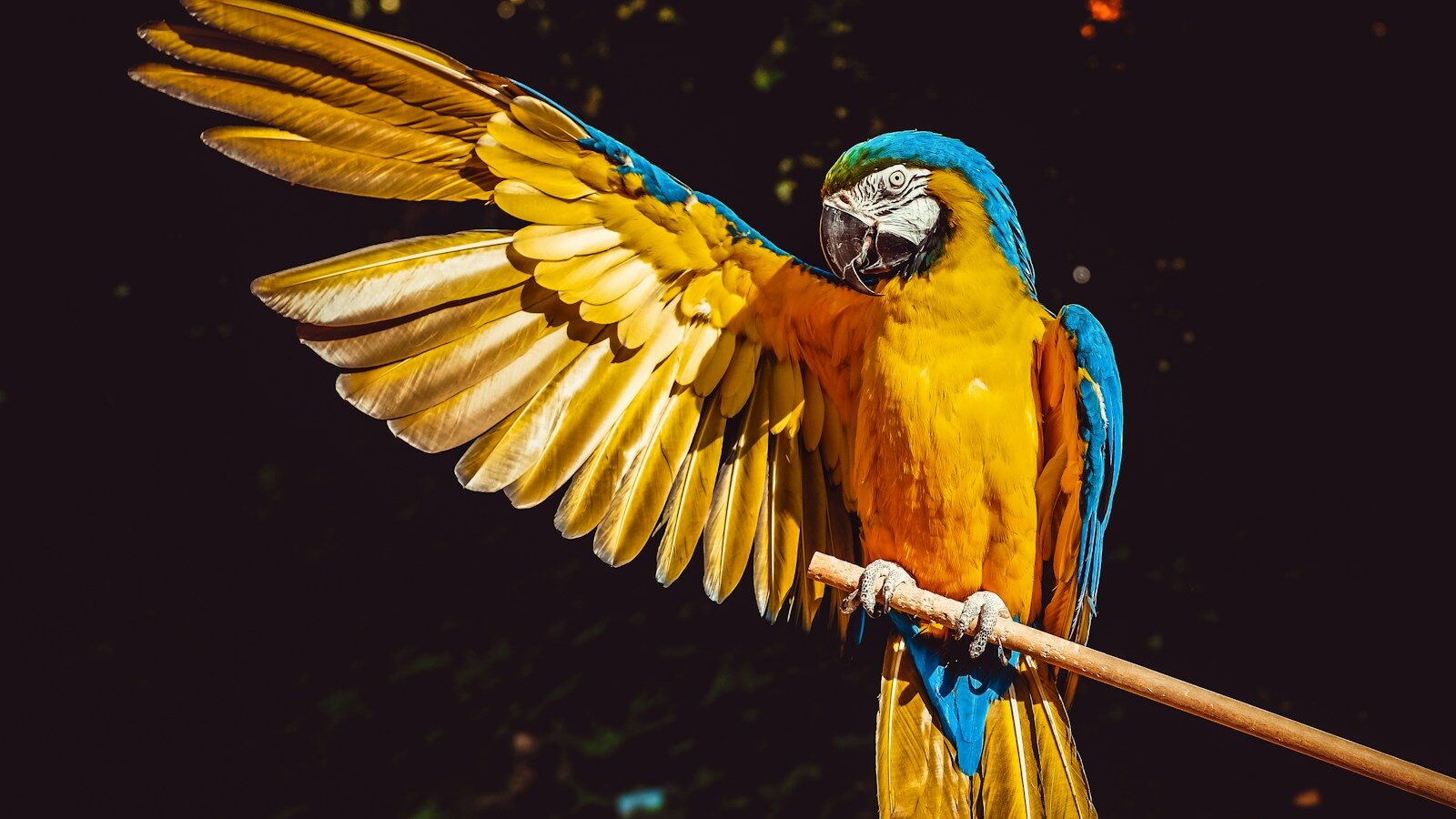

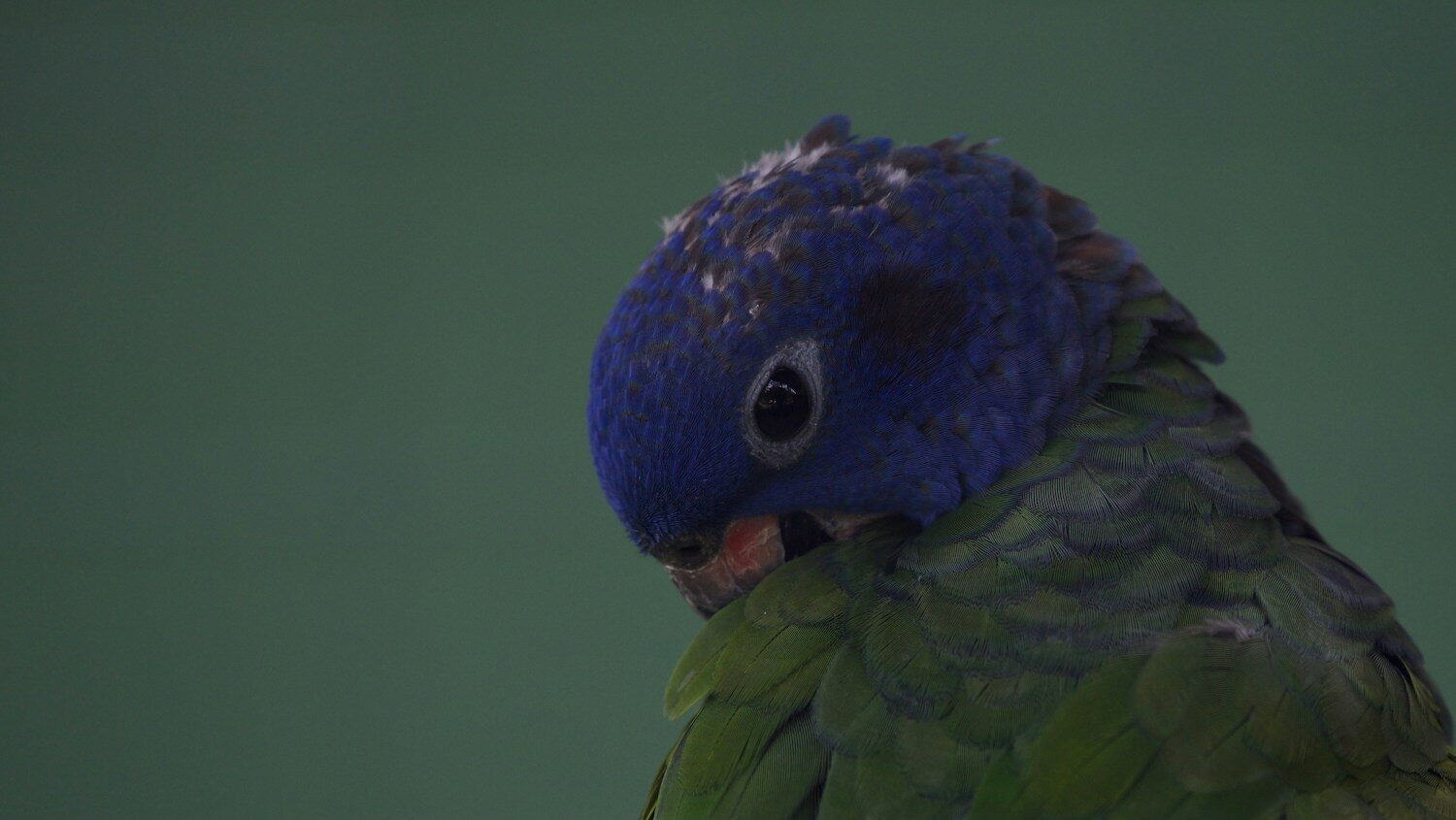
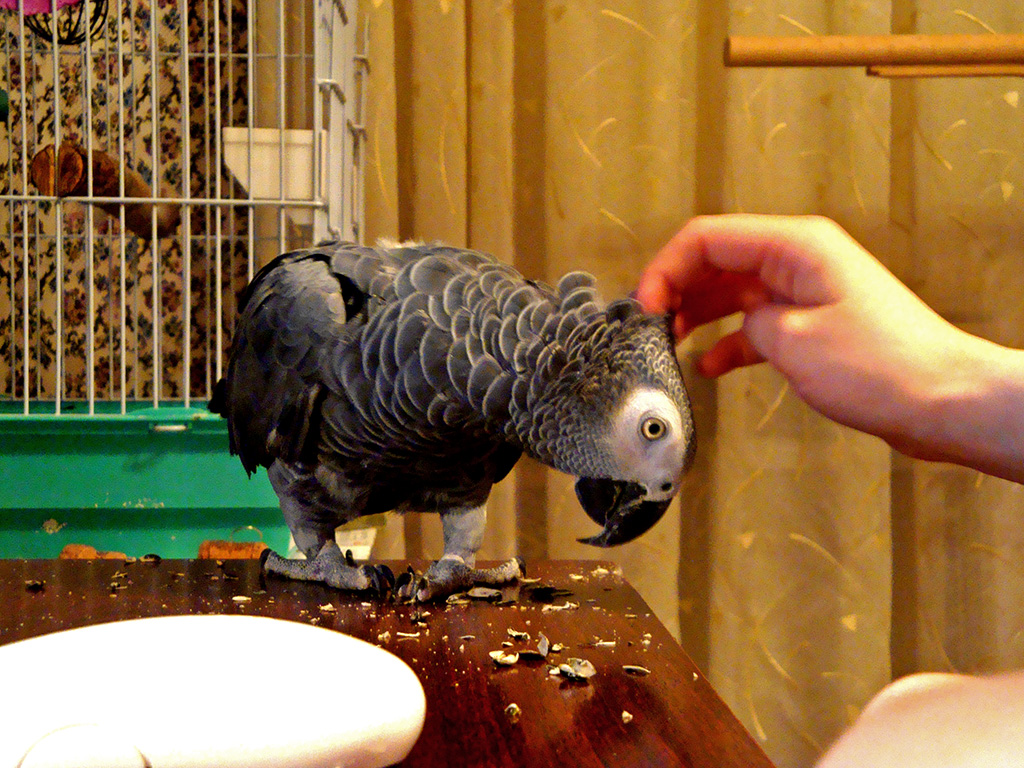
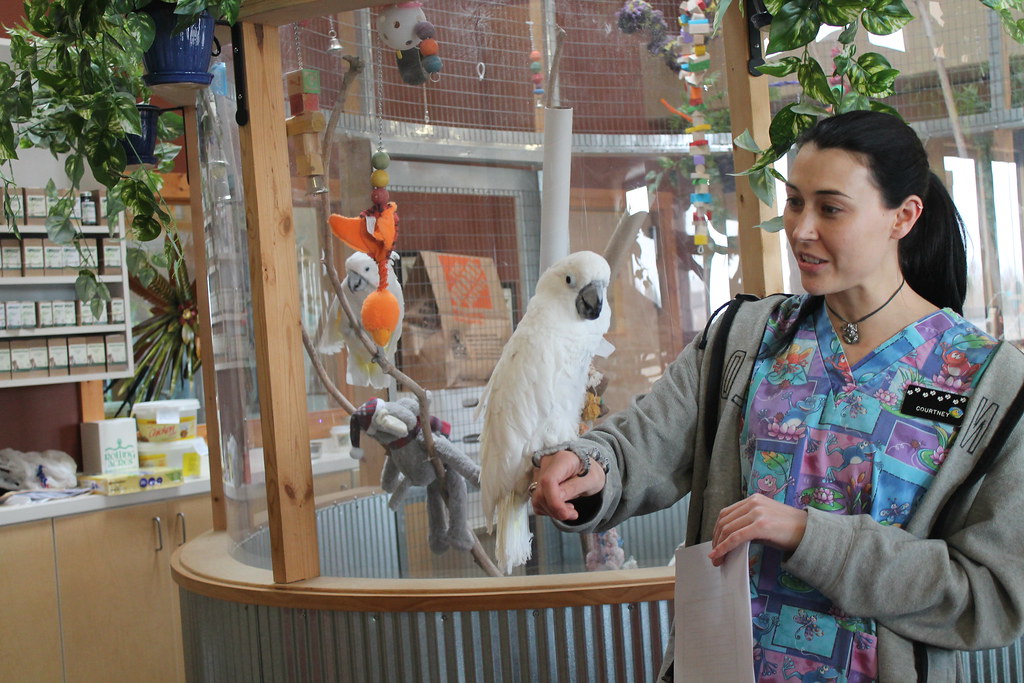
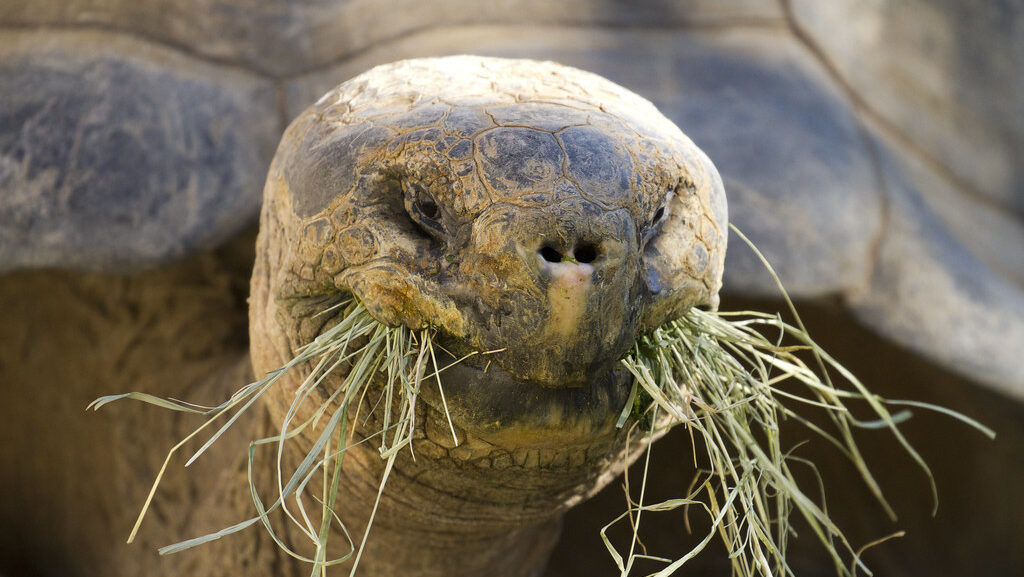
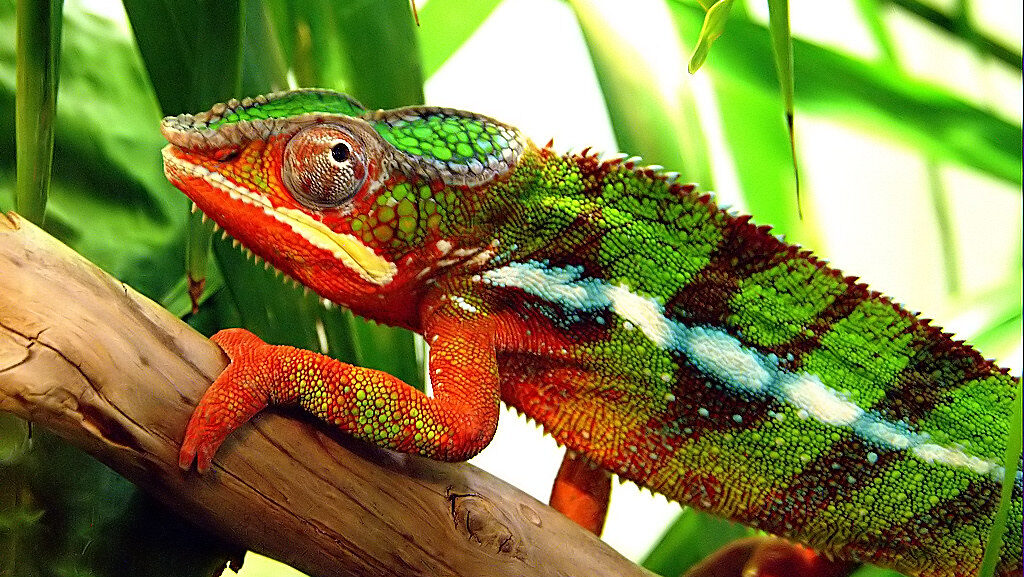
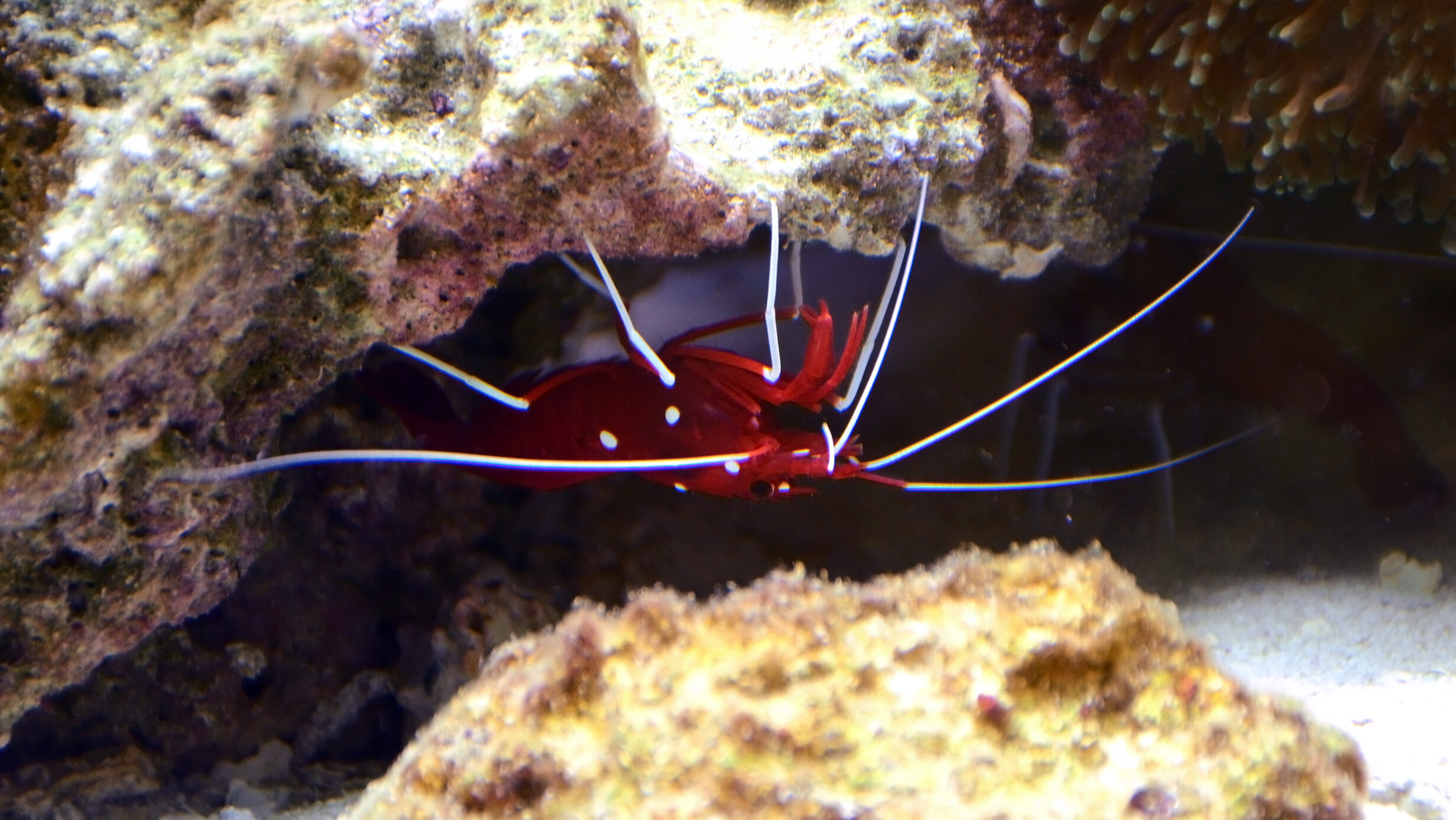
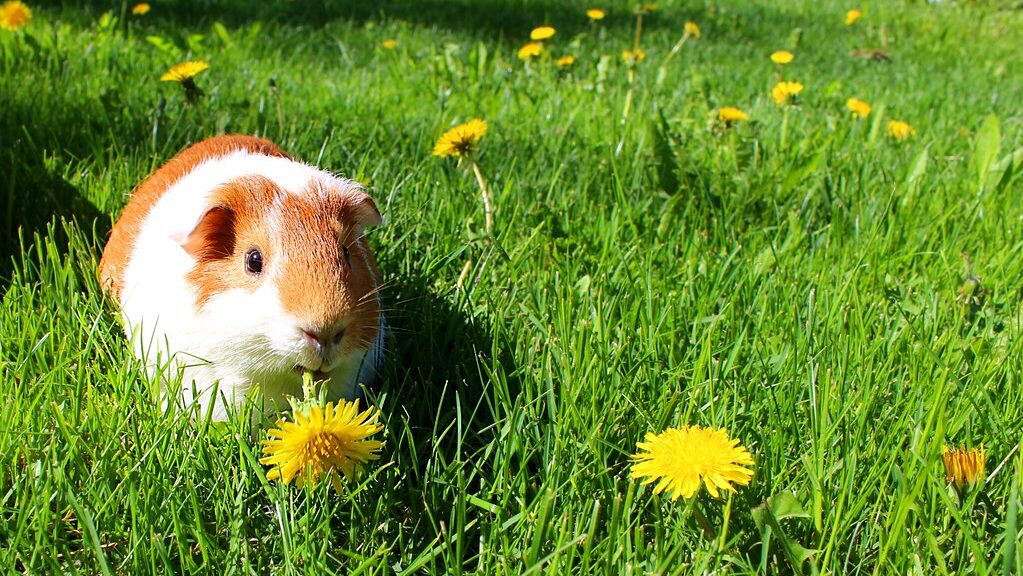
Leave a Reply